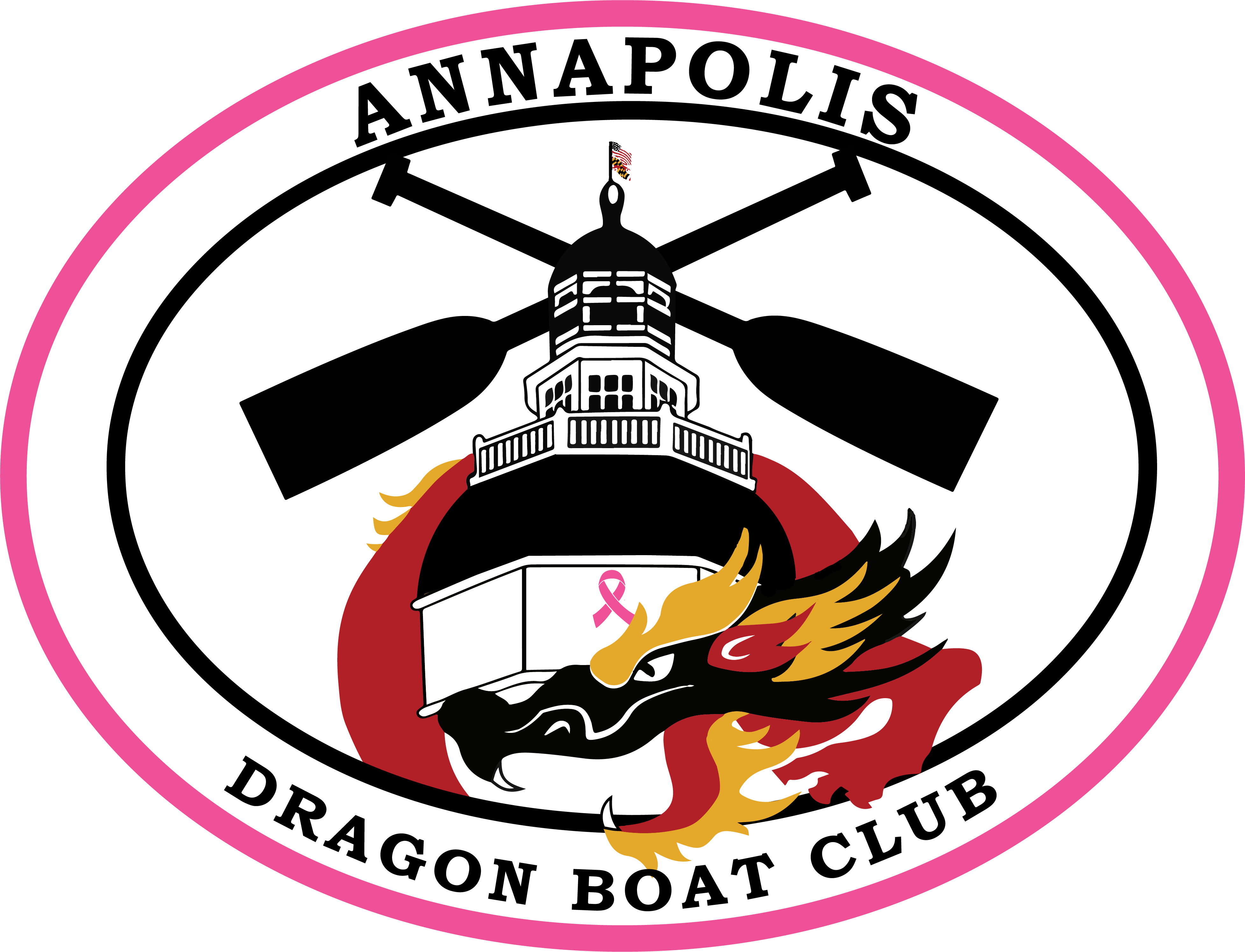As an all-volunteer organization, members and volunteers must commit to ethical standards that promote the goals and mission of the Club. Ethical concepts tend to be subjective and at times, difficult to measure. Therefore, it is expected that the membership and volunteers, strive to align themselves as close as possible to their understanding of the intended expectations. When there is a question, a board member or committee chair should be consulted.
Our Code of Conduct embraces four ethical concepts.
1. Respect
Demonstrating a high regard for oneself, others, and the resources entrusted to them. Those resources may include people, money, reputation, the safety of others, and natural or environmental resources. An environment of respect engenders trust, confidence, and performance excellence by fostering cooperation, where diverse perspectives and views are encouraged and valued.
2. Responsibility
Taking ownership for the decisions one makes or fails to make, actions one takes, or fails to take, and the consequences that are the result.
3. Fairness
Making decisions and actions in a manner that considers without bias, the concerns and interests of all parties affected by those decisions and actions. In matters affecting the Club and its members, one’s conduct must strive to generate outcomes that are free from competing self-interest, prejudice, and favoritism.
4. Honesty
Discerning to the best of one’s ability, what is accurate and true about a circumstance or statement and interacting with others in a forthright and truthful manner.
All members and volunteers are requested to encourage other members and volunteers, as we all strive to adhere to these ethical concepts. Perceived infractions should be handled as such.
First, personally address the member or volunteer that is believed to have committed the infraction. Do so in a gentle manner, as often, a misunderstanding is the cause of the perception. The individual that was perceived to have committed the infraction should also accept the questioning in a gentle manner, knowing that an opportunity to clarify the intent is being offered.
Second, If the above action does not result in a resolution, it should be understood by both parties that a board member or committee chair should be consulted. A meeting of all parties involved should promptly take place with the consulted person of leadership or person of leadership to which the incident is referred.
Finally, if resolution is still in question, the board is empowered to question the members involved, search out reasons and actions of the perceived behaviors, and make a final decision as to how the incident should be handled, not excluding expelling membership of person committing the infraction, or requesting the services of the volunteer be discontinued.
By applying for membership to the Club, or offering volunteer services, one indicates that they have and will abide by the Membership Code of Conduct as published.
